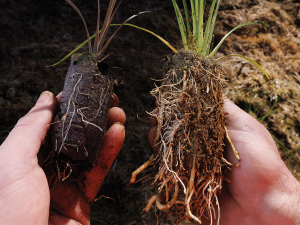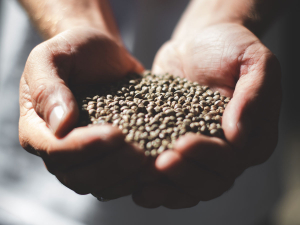New research suggests that the cost of groceries, which has skyrocketed over the past six years, is making it virtually impossible for families on benefits to feed their children healthily.
According to lead researcher, Dr Joanna Strom from the University of Auckland School of Population Health, nutrition is important for children because they are developing and “what we eat affects not only our physical health but also mental health”.
“If kids are hungry and not eating well, then it impacts their learning, too,” Strom says.
“But also, if kids are eating overly processed, high-fat, high-sugar foods and becoming overweight, with poor dental health, they can’t move their bodies well and that impacts how they interact with other kids,” she says.
“You want the foundations in childhood to be the best they can be.”
According to the Ministry of Health, approximately one third of all Kiwi children are classified as overweight or obese, and only 5.4% of children aged two to 14 eat the recommended number of servings of vegetables each day.
Strom has developed a tool in Excel that models weekly grocery prices for children aged one to 18 and an adult male and female.
In her research, Strom used the tool to model costs for a family with two children.
She found those food-basket prices increased by 35% in the six years from 2018 to December 2023.
The largest annual increases in food prices were 11.7% in 2022 and 13.6% in 2023.
However, Strom also worked out the costs for an example family whose children were growing over that time, with their additional food needs compounding the price increases so that the costs of groceries increased by more than 50% from $10,420 in 2018 to $16,083 in 2023.
She focused on the lower cost foods within the food price index produced by Statistics New Zealand.
She created healthy food baskets that would meet the nutritional needs of children, according to Ministry of Health guidelines, for a family of four with children aged seven and 14.
“Generally, there has been a year-on-year increase in these lower cost healthy foods, over the past six years, which is higher than the food price index overall, and that is concerning,” Strom says.
Food price rises in the past five years have also been much higher at 6.6% per year than in the decade from 2007 to 2017 at 2.4% and, in the early period, healthy foods rose at the same rate as other foods.
Strom would like government agencies to consider using the tool she developed to produce publicly available estimates for feeding children of different ages or household make-ups.
This reporting could inform policy aimed at the whole food system, including incentives to farmers and growers to sell food locally, and local solutions such as free school meals.
Advocates could use the data to lobby for policy solutions that would improve people’s access to food and address inequities.
“Work must continue across the board to support households with children so they can access nutritious and healthy food and avoid the intergenerational effects associated with an unhealthy diet.
“Barriers need to be removed, so healthy choices are easy choices,” Strom says.



















